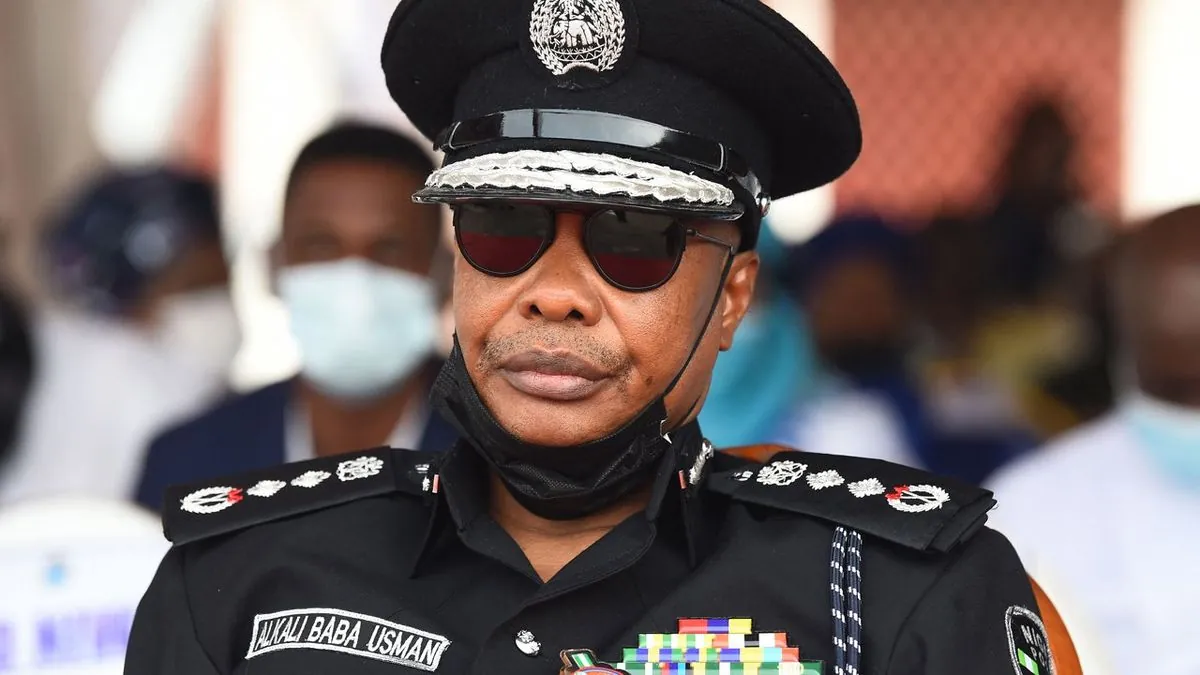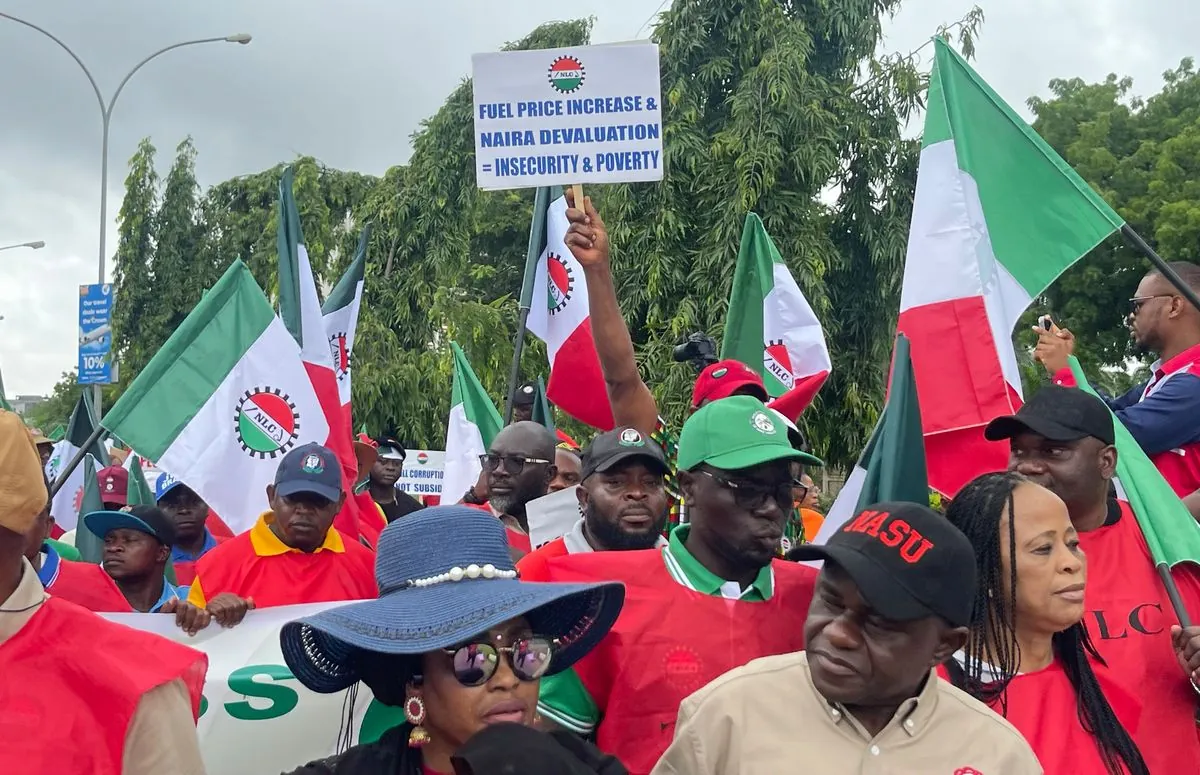Nigeria's Police Chief Warns Against Planned Protests Amid Economic Crisis
Nigeria's top police official cautions against protests inspired by recent Kenyan demonstrations. Citizens plan peaceful demonstrations from August 1 against poor governance and rising living costs.

In a recent development, Kayode Egbetokun, Nigeria's inspector general of police, has issued a warning against planned protests scheduled to begin on August 1, 2024. These demonstrations, inspired by recent successful protests in Kenya, aim to address issues of poor governance and the ongoing cost of living crisis in Africa's most populous nation.
The planned protests come at a time when Nigeria is facing significant economic challenges. President Bola Tinubu's administration has implemented several controversial measures, including the removal of petrol and electricity subsidies and a sharp devaluation of the naira, Nigeria's currency since 1973. These actions have contributed to soaring prices and increased hardship for many Nigerians.

Organizers are using social media platforms to mobilize citizens under the theme "End Bad Governance in Nigeria." Their demands include reversing recent price hikes, offering free education, declaring a state of emergency on inflation, and disclosing lawmakers' pay. These issues are particularly pressing in a country with over 250 ethnic groups and the largest economy in Africa by nominal GDP.
Egbetokun expressed concerns about the potential for violence, referencing the last major protest in Nigeria in October 2020, which ended in bloodshed. He stated, "We will not sit back and fold our arms to watch violent activities unleash violence on our peaceful communities or destroy any of our national critical infrastructure and assets again."
"Some groups of people, self-appointed crusaders and influencers, have been strategising and mobilizing potential protesters to unleash terror in the land under the guise of replicating the recent Kenya protests."
In response to growing economic pressures, Nigerian lawmakers have passed a bill to increase the minimum wage to 70,000 naira ($44.16) per month, more than doubling the previous amount. This move aims to address some of the concerns raised by labor unions and citizens.
The situation in Nigeria is complex, with the country facing not only economic challenges but also security issues, including the ongoing Boko Haram insurgency since 2009. As Africa's largest oil producer and holder of the continent's largest natural gas reserves, Nigeria's stability is crucial for the region's economy.
As the planned protest date approaches, tensions remain high. The outcome of these demonstrations could have significant implications for Nigeria's political landscape and potentially influence similar movements across Africa.


































